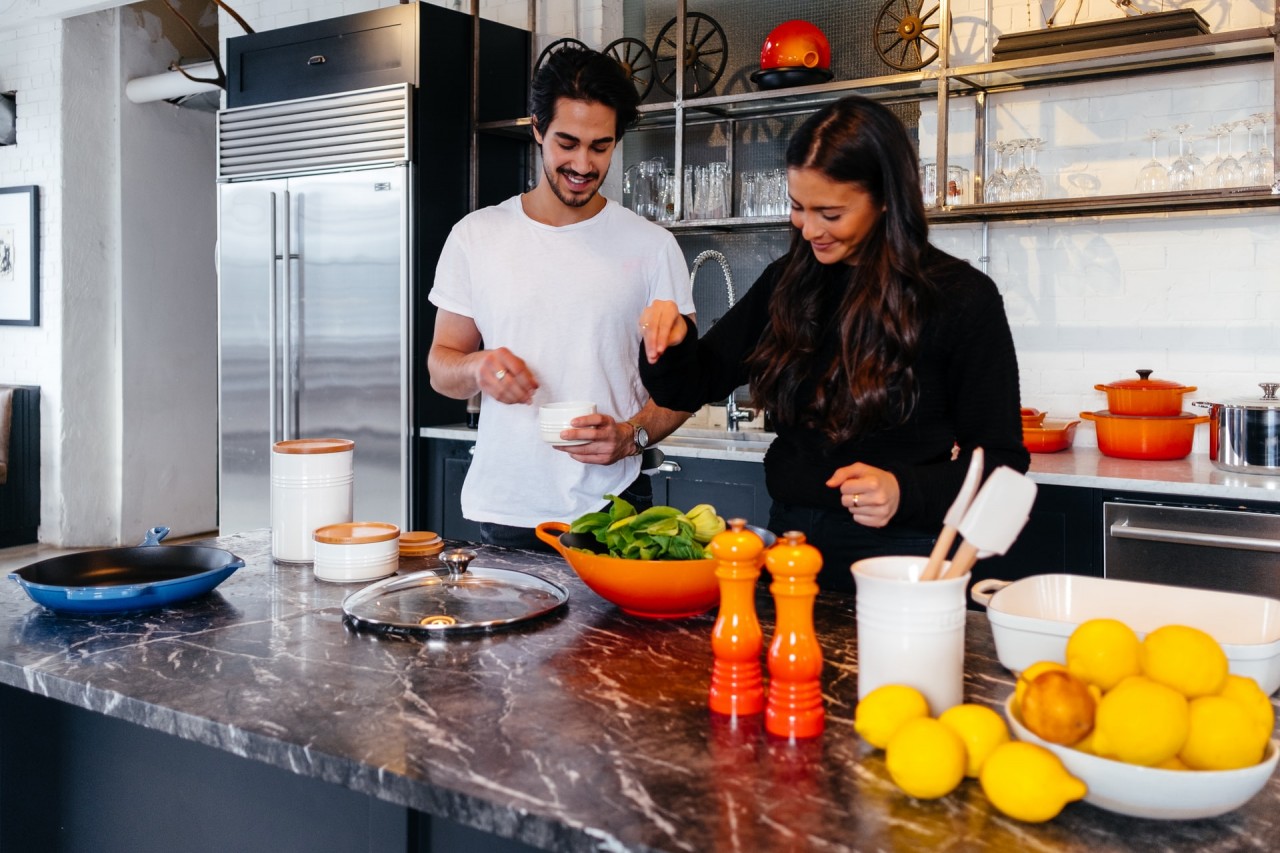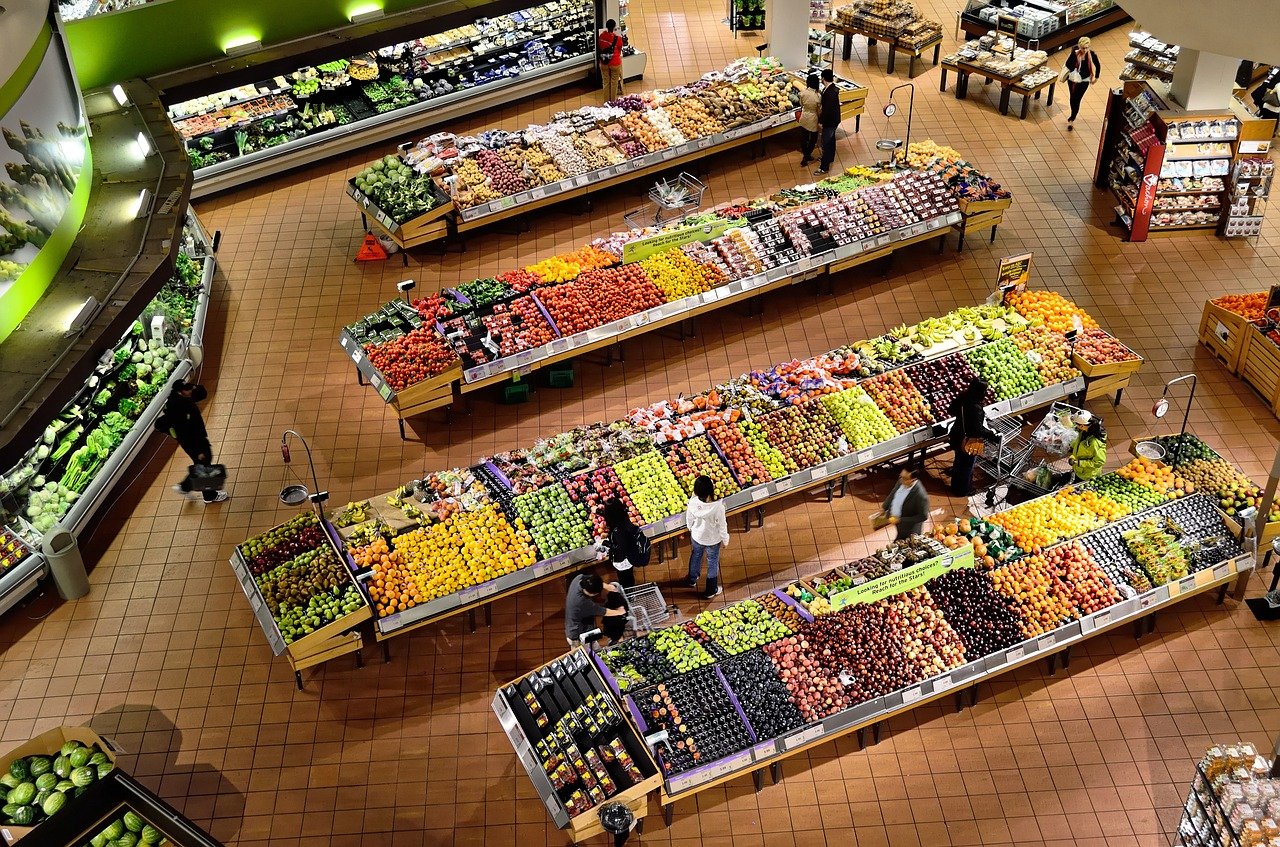Celiac Disease, an autoimmune disorder that affects 1 in 100 people worldwide, can have a significant impact on your daily life if you have it.
Consuming even the smallest amount of gluten (a protein found in wheat, barley, rye, etc) can trigger an immune response, leading to damage in the small intestine and a host of painful symptoms.
Managing this lifelong condition requires strict adherence to a gluten-free diet, which can sometimes lead to challenges in relationships, particularly in marriages. How you and your spouse navigate these challenges together can really define your marriage.
The Impact on Marriages
When you or your partner has Celiac Disease, it can sometimes lead to disagreements over food choices and feelings of isolation at social gatherings.
For example, if you don't have Celiac Disease, you may want to indulge in a pizza night, while your partner with the condition cannot participate without risking their health. This can lead to feelings of resentment or frustration from both parties.
Additionally, social events that revolve around food, such as dinner parties or potlucks, can be challenging for someone with Celiac Disease, as they may feel left out or anxious about the risk of cross-contamination.
Tips for a spouse with Celiac Disease:
- Communicate your needs and concerns openly with your partner.
- Educate your spouse about Celiac Disease and the importance of a gluten-free diet.
- Be proactive in finding gluten-free alternatives for shared meals and social events.
- Be patient and understanding when your partner makes an effort to accommodate your dietary needs.
Tips for a spouse married to someone with Celiac Disease:
- Learn about Celiac Disease and the importance of a gluten-free diet for your partner's health.
- Be supportive and understanding of your spouse's dietary restrictions.
- Help research gluten-free recipes and restaurants for shared meals and outings.
- Ensure your home is a safe, gluten-free environment by avoiding cross-contamination and stocking up on gluten-free products.
The Learning Process
Supporting your spouse with Celiac Disease can be challenging, particularly in the beginning stages of adjusting to a new lifestyle.
It's important for both partners to practice forgiveness and patience as you learn to navigate this new terrain together.
There may be times when mistakes are made, such as accidentally purchasing a product containing gluten or overlooking the risk of cross-contamination.
In these moments, it's crucial for you and your partner to communicate openly and honestly, and to remember that you are both on the same team, working towards the same goal of maintaining your partner's health and well-being.
Celiac Disease can also bring you and your partner closer together.
As you both learn to navigate the gluten-free lifestyle, you often become each other's biggest advocates and develop a deeper understanding of one another's needs.
For example, if you don't have Celiac Disease, you may go out of your way to research gluten-free recipes and restaurants, or you may take on the responsibility of ensuring your home is a safe, gluten-free environment.
This level of support and understanding can strengthen the bond between you and your partner and foster a greater sense of empathy and compassion.
By practicing patience, forgiveness, and open communication, you can navigate the challenges of Celiac Disease together and create a stronger, more resilient bond with your spouse.
Remember, you're not alone in this journey... with love, support, and understanding, you and your partner can overcome any obstacle that Celiac Disease may present.










